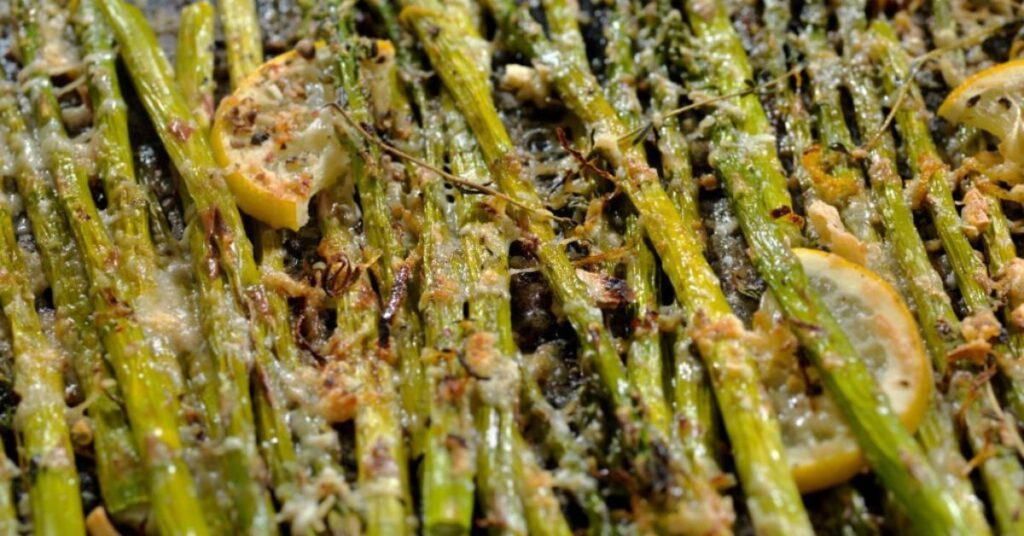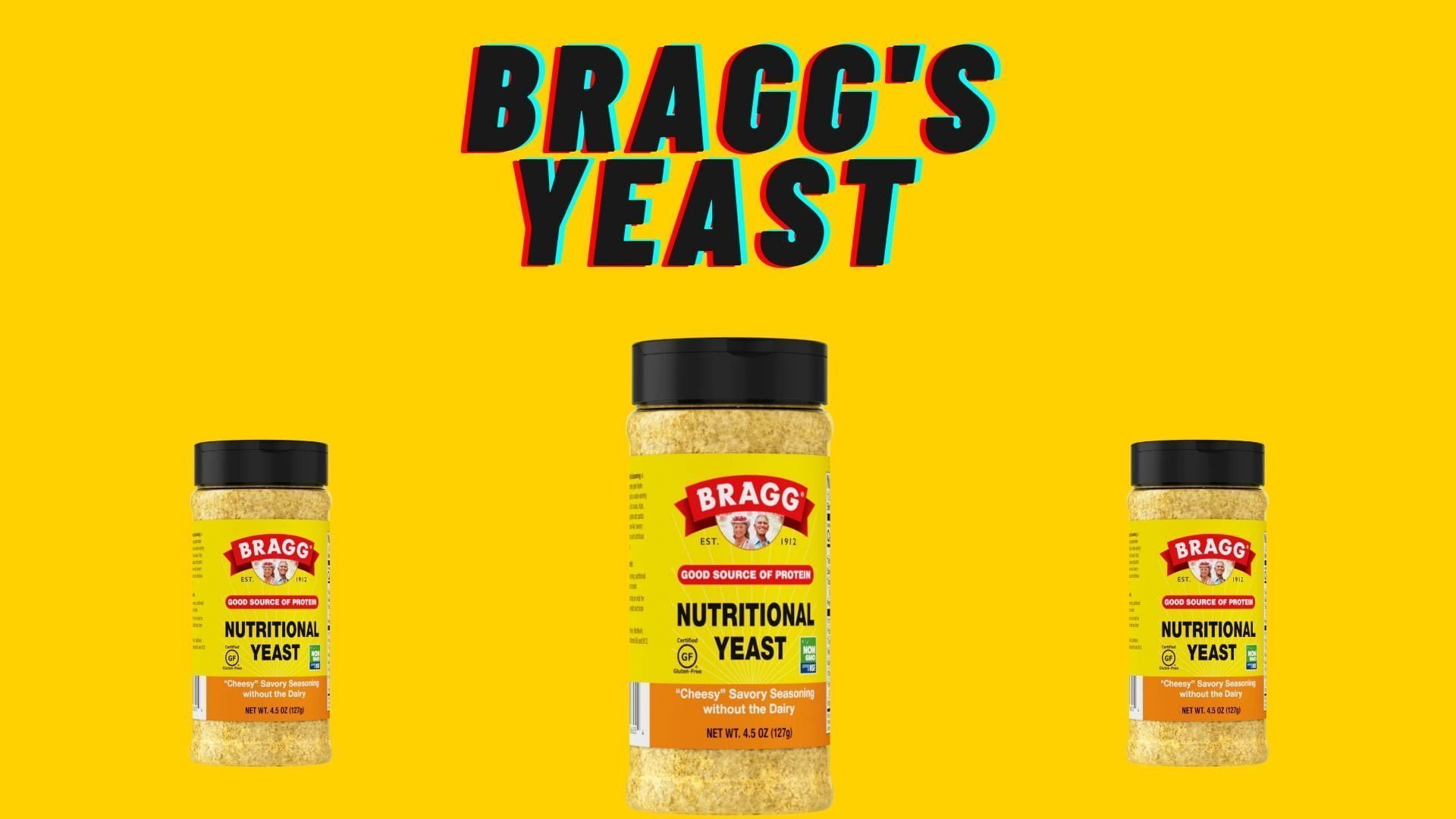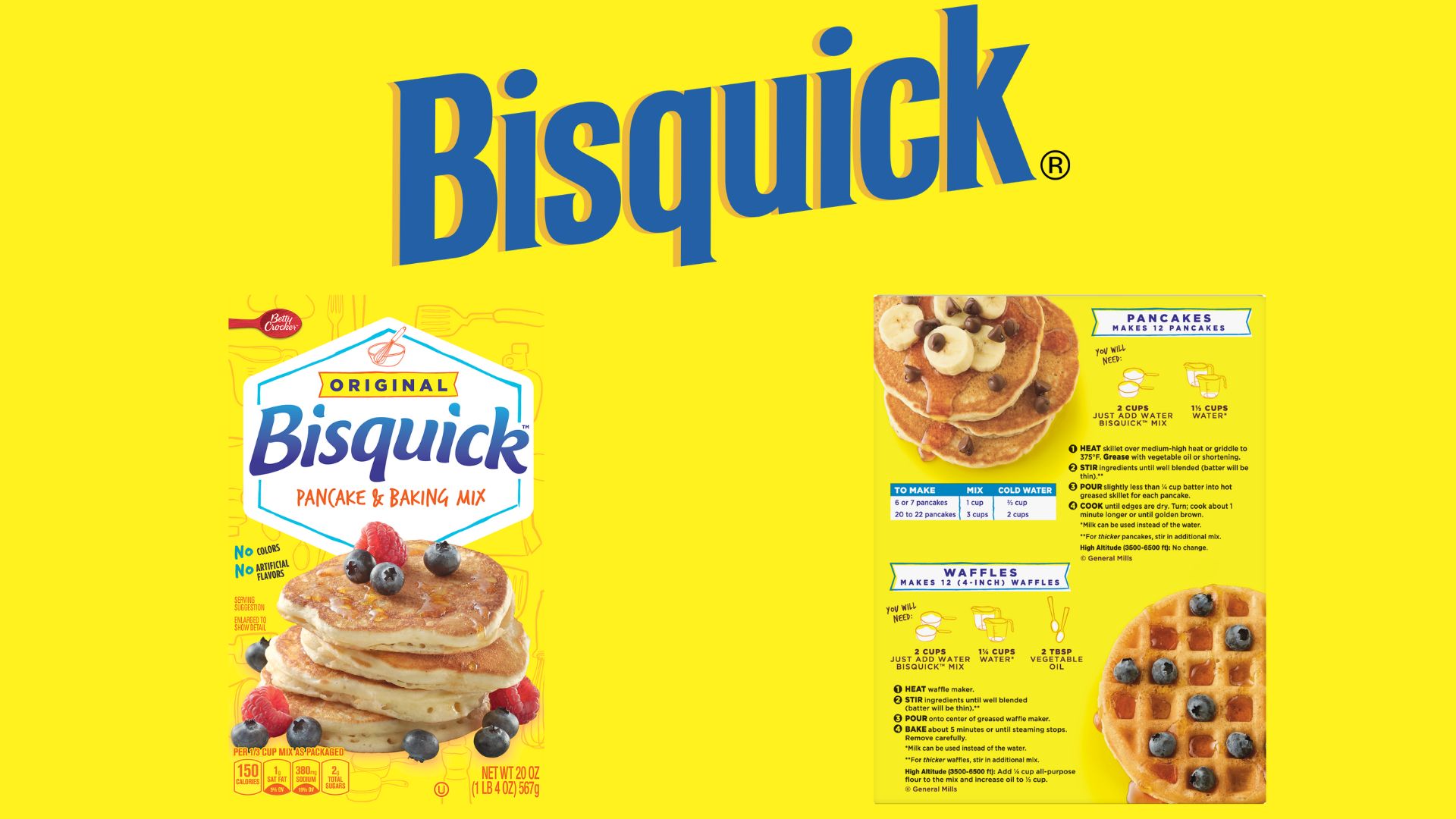
6 Amazing Asparagus Benefits With Bonus Asparagus Recipe
Asparagus is an underrated vegetable. It has many benefits and can be eaten all year. Asparagus can help you meet the USDA’s MyPlate recommendation of 1-3 cups, depending on your individual needs.
Asparagus can be a great addition to your vegetable intake. This is important for ensuring that you get enough vitamins, minerals, and fiber. It is also low in carbs and can be used as a side dish, whether steamed, broiled or grilled, or even air-fried.
Asparagus Benefits
#1 Asparagus Is A Good Source Of Antioxidants
Antioxidants are compounds that help to stop or limit damage from free radicals and oxidative stresses.
Our bodies naturally produce these free radicals. They can cause many health problems and damage to your body.
Asparagus is rich in antioxidants. Vitamin E, vitamin C, and beta carotene are all antioxidants. They help protect against free radicals.
#2 Asparagus Can Help Improve Digestion
Asparagus is a great way to get your fiber intake met, as it contains just half a cup (1.8g) of fiber. Your body can’t digest or absorb plant fiber, but it is a part of fats, carbohydrates, and proteins.
Asparagus is rich in insoluble fiber, but it contains small amounts of soluble fiber. Insoluble fiber is important because it maintains a healthy digestive system. It helps bulk up stool and makes it easier to pass. This can prevent constipation and improve overall bowel movements.
However, soluble fiber is good for the gut and helps feed good bacteria such as Bifidobacteria.
Research has shown that fiber-rich diets can reduce the risk of developing heart disease, type 2 diabetes, and colorectal carcinoma.
#3 Asparagus Improves Pregnancy Health
Asparagus, a rich source of vitamin B9, can help to prevent birth defects during pregnancy.
Asparagus is also rich in vitamin K. Vitamin K plays a vital role in calcium metabolism and transports calcium throughout the body.
It is also good for your overall health and fetal bone development. Additionally, asparagus contains more than half your daily folate requirement, which can help prevent neural tube defects in babies. Neural tube defects can affect the baby’s brain, spine, and skull.
#4 Asparagus Reduces Blood Clotting
These green stalks are also effective in preventing thrombosis (also known as blood clots), which can lead to strokes, heart attacks, and a shorter life expectancy.
Asparagus contains a compound called rutin, proven to stop blood clots.
It is not surprising that blood clots can cause death. In fact, in 2019, heart disease was the leading cause of death in the United States. Stroke was the fifth most common cause.
One study showed that rutin inhibited both platelet accumulation and fibrin formation during clot formation. This reduces platelet stickiness, which in turn inhibits the clotting cascade.
#5 Asparagus Has A High Nutritional Density & Low-Calorie Count
Asparagus contains nearly 100 phytonutrient substances, including organic acids and oxylipins and amino acids and flavonoids. It also contains high vitamin K, folate, copper, selenium, vitamin A, vitamin #6 Vitamin C & Vitamin E
Cooked asparagus has only 20 calories. It also contains 2.2 grams of protein, 57% RI for Vitamin K, 1.8 grams of fiber, and many other nutrients. It is a great source of protein, which is essential for building and repairing tissues. Vitamin K is an essential nutrient that plays a role in blood clotting, bone health, and other important functions. Asparagus fiber is essential for controlling bowel movements and reducing constipation.
Asparagus is the only food that contains the chemical asparagusic acid. This is a sulfur-containing compound known to cause a sulfurous smell. Some people might experience foul-smelling urine after consuming this chemical.
Air-Fried Asparagus Recipe With Garlic & Parmesan

You can also make them in the oven. However, an air fryer makes them easier to clean, crispier and cooks faster. You don’t have to heat the oven or prepare so many trays. For kids, roasting asparagus makes it so easy to eat your vegetables. Air-frying produces a tender, delicious inside and crispy outside. It’s packed with flavor and only takes 2 minutes to prepare.
Preparation Time: 2 minutes
Cooking Time: 10 minutes
Servings: 4
Ingredients
- 1 bundle asparagus
- 1 tablespoon olive oil
- 1/8 teaspoon garlic salt
- 1 tablespoon Parmesan cheese, either puffed or grated
- To taste pepper
Instructions
Trim the bottom 2 inches of asparagus (these are the tough ends).
Olive oil can be used to spray asparagus. You can also use cooking spray.
Season with pepper and sprinkle garlic salt over the top. Sprinkle a bit of Parmesan cheese over the asparagus.
Place the asparagus in an air fryer basket. Cook at 360° for 6-10 mins or until crisp. The quicker your asparagus cooks, the thinner it is.
Serve immediately with a sprinkle of Parmesan cheese on top of the roasted asparagus.
Nutrition: Serving: 1 | Calories: 103kcal | Carbohydrates: 8.3g | Protein: 5.6g | Fat: 5.4g











